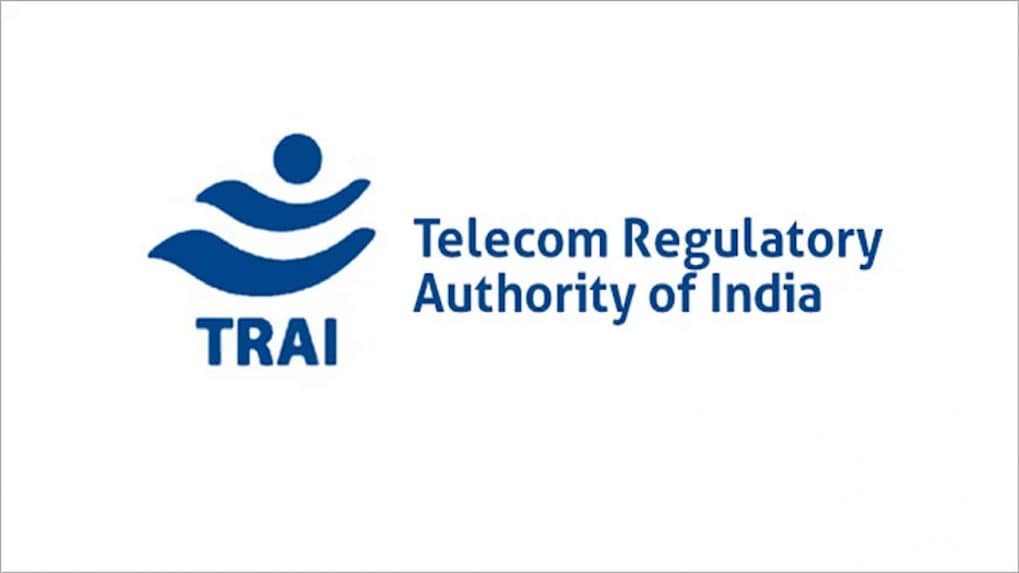EXCLUSIVE: Broadcasters and DPOs clash as TRAI receives mixed feedback
With divided industry voices and absence of robust primary data on subscribers and revenue generation, TRAI's route to prescribe robust regulatory framework is likely to face hurdles affecting growth of the broadcasting sector.
ADVERTISEMENT
The Telecom Regulatory Authority of India (TRAI) has received 55 responses to the consultation paper on audit-related provisions of the Interconnection Regulations, 2017, and the Digital Addressable Systems Audit Manual. The industry appears divided over the removal of Clause 15.1 of the Interconnection Regulations 2017, which mandates television channel distributors to have their systems audited annually.
Broadcasters claim that 85 percent of DPOs have not conducted audits in the last four years, resulting in a loss of revenue for the public treasury. With divided industry voices and absence of robust primary data on subscribers and revenue generation, TRAI's route to prescribe robust regulatory framework is likely to face hurdles affecting growth of the broadcasting sector.
TRAI had issued the consultation paper on August 9 seeking responses from stakeholders until September 6 and counter comments until September 20. The stakeholders responding to TRAI include IBDF, AIDCF, DEN Network, GTPL Hathway, Dish TV, SITI Networks, TATA Play, Airtel, SP Chopra, Piyush Mishra & Co, KR Sriram & Co, Vishwam Cable Network, Uday Infosys, and other private cable network operators in the country.
In its response to TRAI, only the Indian Broadcasting & Digital Foundation (IBDF) advocated for the removal of regulation 15 (1) under the Interconnection Regulations, 2017, and suggested that broadcasters should have the primary right to audit. This aligns with the broadcasters’ interest in making changes to the audit system, as subscriber under-reporting by DPOs during audits leads to financial losses for them.
A broadcaster, speaking on the condition of anonymity, stated, “There is minimal compliance with requirements related to DPO-initiated audits, as the majority of DPOs (85%) fail to conduct these audits or provide audit reports to broadcasters. Moreover, DPOs employ delaying tactics to postpone the start and completion of broadcaster-initiated audits.”
The broadcaster further added, “We urge the Ministry of Information and Broadcasting (MIB) to nudge TRAI to expedite the removal of Clause 15.1 due to its misuse and lack of compliance. Lack of data will worsen the state of broadcasting sector as DPOs continue to not submit the data to broadcasters.”
The All India Digital Cable Federation (AIDCF) has stated that TRAI should retain regulation 15 (1) and has requested that the authority share a list of non-compliant DPOs on its website. They further requested that broadcasters be mandated not to provide signals to these non-compliant DPOs.
The AIDCF's response states, “Moreover, if any broadcaster is found providing signals to DPOs who are non-compliant, then the broadcasters should be held responsible for the non-compliance of audits and should face a financial penalty (up to ₹10 lakhs) if they are found providing signals to non-compliant DPOs.”
Most distributors, such as DEN Network, GTPL Hathway, Dish TV, SITI Networks Ltd, TATA Play, and Airtel, support keeping regulation 15 (1) and have even suggested better enforcement. Sources indicate that DPOs favor keeping clause 15 (1) because they can use ongoing audits as a reason to delay broadcaster-initiated audits.
To ensure the timely completion of DPO audits, some DPOs have suggested shifting the responsibility to broadcasters. For example, DEN has suggested imposing financial penalties on broadcasters that continue to provide signals to DPOs that do not conduct timely audits.
Many distributors want fixed timelines for broadcaster-initiated audits, with some arguing that such audits are unnecessary. Interestingly, TATA Play and Airtel have suggested removing provision 15 (2) of the Interconnection Regulations, 2017, which allows for broadcaster-initiated audits.
In its response, Airtel proposed removing the broadcaster-initiated audit provision altogether. If it is retained, they suggested that broadcasters should have a fixed period of six months after the DPO audit to initiate their audit if needed. After this period, no further audits should be allowed. While TATA Play recommended that broadcasters should not be allowed to audit DPOs and that Regulation 15 (2) should be eliminated.
With numerous suggestions and a clear divide in the industry, all eyes are on TRAI’s next meeting with stakeholders, which is likely to be held in the second week of next month.


